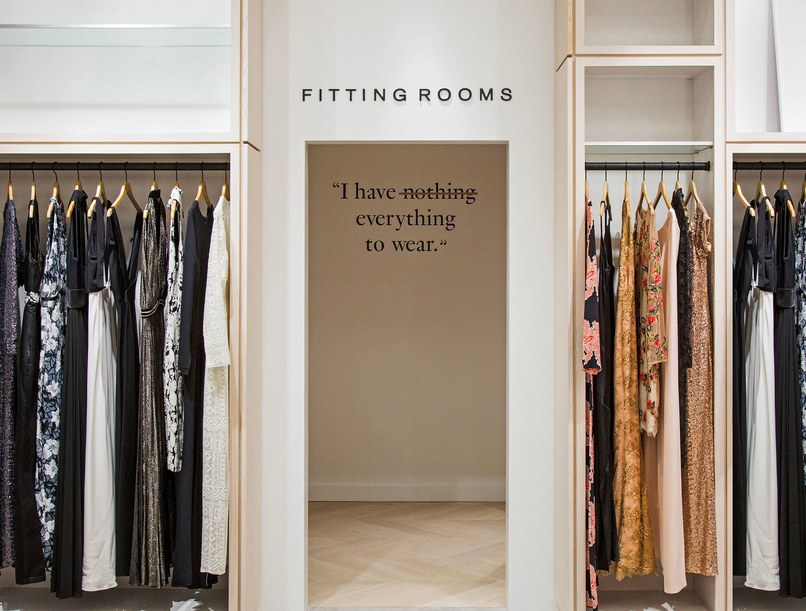Rentable Fashion: A Sharing Economy

Imagine the convenience of Uber, but for fashion. From car rides to cocktail dresses, more people are choosing the convenience and value of consuming without commitment, and fashion is leading the next “rentable” trend.
“Rentable fashion” is becoming increasingly popular for consumers who want instant access to luxury, without the high price tag. With today’s online marketplaces offering peer-to-peer services, the sharing economy may not be new, but it’s moving into the apparel sector.
For owners, this sharing economy transforms possessions into revenue streams, by enabling items to be useful all of the time. Consumers can pay for something to use for a short period of time, at a fraction of the purchase price, and with greater choice.
Will this sharing economy retail model work for the apparel industry? According to a recent report by Future Market Insights, North America is estimated to dominate the overall revenue share of the global online clothing rental market and is estimated to account for 42.3% market share by the end of 2016. By the end of 2026, the global online clothing rental market is expected to be valued at $ 1,952.4 million.
The success of a rental model both online and offline, is hardly surprising given that millennials want to keep up with ever changing fashion, at low costs. While Fast Fashion is an answer to many of these desires, consumers are still looking for ways to be more sustainable. “Rentable” clothing allows you to lower environmental impact by reducing waste and recycling clothes for further use, while still keeping up with the latest trends.
One company adopting these strategies is Rent the Runway, which has over six million members and an inventory of 200,000 + pieces of clothing, jewelry and accessories. Customers can filter by occasions, size and read reviews before choosing a one-time or subscription program. They also receive a backup size, and can keep the item for up to 4 days before sending it back for free without even needed to do dry cleaning.

An Omni-Channel Experience at Rent the Runway’s New Flagship Store (Image credit: Rent the Runway, Architectural Digest
The online clothing rental market is also blurring the lines between offline and online retail. For example, consumers can rent online, visit a store or use apps to browse and see items for same-day rental. This data can be used to personalize profiles for further purchases.
“I want the customer to feel like she’s at home, that this is just an extension of her closet and her life,” says Rent the Runway cofounder and CEO Jennifer Hyman. “I want her to feel so comfortable that she’s going to try something new: a new brand, a new style, or a new trend. It’s going to be affordable for her to do so, it’s going to be smart, and she’s going to feel great.”
So will the sharing economy disrupt the traditional retail model? In an era of instant access, convenience, and desire for luxury, the next big trend may be the evolving “rentable” designer closet, at value price.

 English
English  French
French  Italian
Italian  Spanish
Spanish 